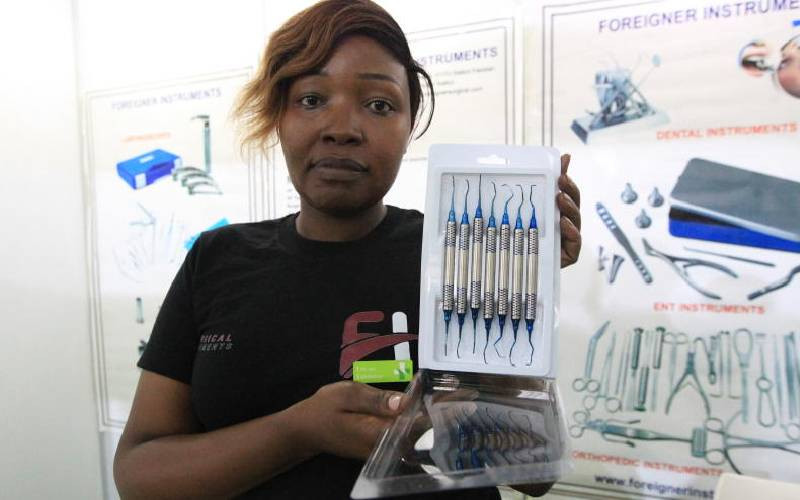×
The Standard e-Paper
Smart Minds Choose Us

Improving services to enable all Kenyans to access quality health care was one of Kenya Kwanza's big agendas, unveiled through an ambitious Health manifesto which was to be implemented through far-reaching policies.
However, experts have poked holes into the manifesto, saying the pace of implementation is sluggish.